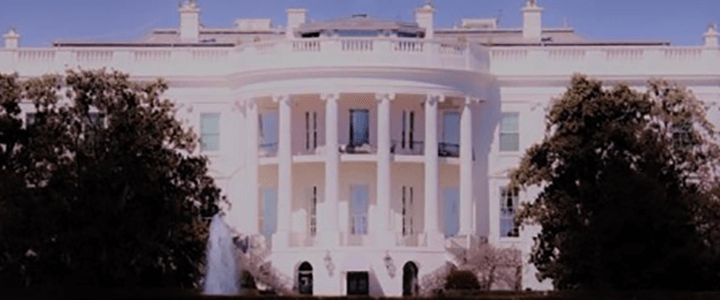A few weeks ago, we highlighted and reviewed Director of National Intelligence James Clapper’s 22-page unclassified training package on Presidential Policy Directive 19 (PPD-19), “Protecting Whistleblowers with Access to Classified Information.” Clapper’s training is meant to “ensure that all Executive Branch Employees and contractors are aware of protections for whistleblowers eligible for access to classified information.”
a spy by another name…
The mid-December headlines on the Project on Government Oversight blog highlight just one of the reasons cleared professionals should be aware of whistleblower protections. According to the report, NSA’s senior Inspector General, Dr. George Ellard, is being removed for retaliating against a protected whistleblower inside the NSA. Ellard was a critic of Edward Snowden.
Politico reported early in 2014 that “Ellard, making his first public comments in seven years working for NSA, insisted that Snowden would have been given the same protections available to other employees who file approximately 1,000 complaints per year on the agency’s hotline system.”
WHAT HAPPENED TO ELLARD
According to Government Executive’s Charles S. Clark, Ellard’s termination is the first known example of the executive branch leveraging PPD-19 on behalf of a whistleblower. “It turns out the dismissal can be traced,” writes Clark, “to the first major use of whistleblower protection provisions included in a 2012 presidential directive.” POGO reports that Ellard’s case “is groundbreaking not only because it represents the most extensive use of PPD-19 procedures to date, but also because of Ellard’s high-ranking position in a national security environment where few, if any top officials are known to have been held accountable.”
According to reports, an NSA whistleblower communicated to the Department of Defense Inspector General allegations of fiscal waste in the Agency. The DoD IG promptly passed the protected disclosure to the NSA IG Dr. Ellard. And they wrongly passed the protected name of the whistleblower to Ellard, as well, and Ellard allegedly, subsequently denied the whistleblower a post in the NSA IG office.
THE FOUL
The first paragraph of the first section of PPD-19 states, “Any officer or employee of a Covered Agency who has authority to take, direct others to take, recommend, or approve any Personnel Action, shall not, with respect to such authority, take or fail to take, or threaten to take or fail to take, a Personnel Action with respect to any employee serving in an Intelligence Community Element as a reprisal for a Protected Disclosure.” In short, the three member IG panel concluded that Ellard took adverse personnel action against an employee as reprisal for the protected disclosure to the Department of Defense Inspector General.
GETTING UP TO SPEED
All cleared professionals, at whatever level, in whatever position, would do well to review PPD-19. Additionally, you’d do well to review a few ClearanceJobs.com blog posts addressing the question of whistleblowing. They will, at least, point you to some excellent resources. “Protecting Cleared Whistleblowers with Classified Access” from mid-December focuses on DNI Clapper’s training. From June 2013, take a look at “Security Clearances, Blowing the Whistle, and Eligibility: What are the Risks?” and “The Cleared Whistleblower and Incident Reports.”




